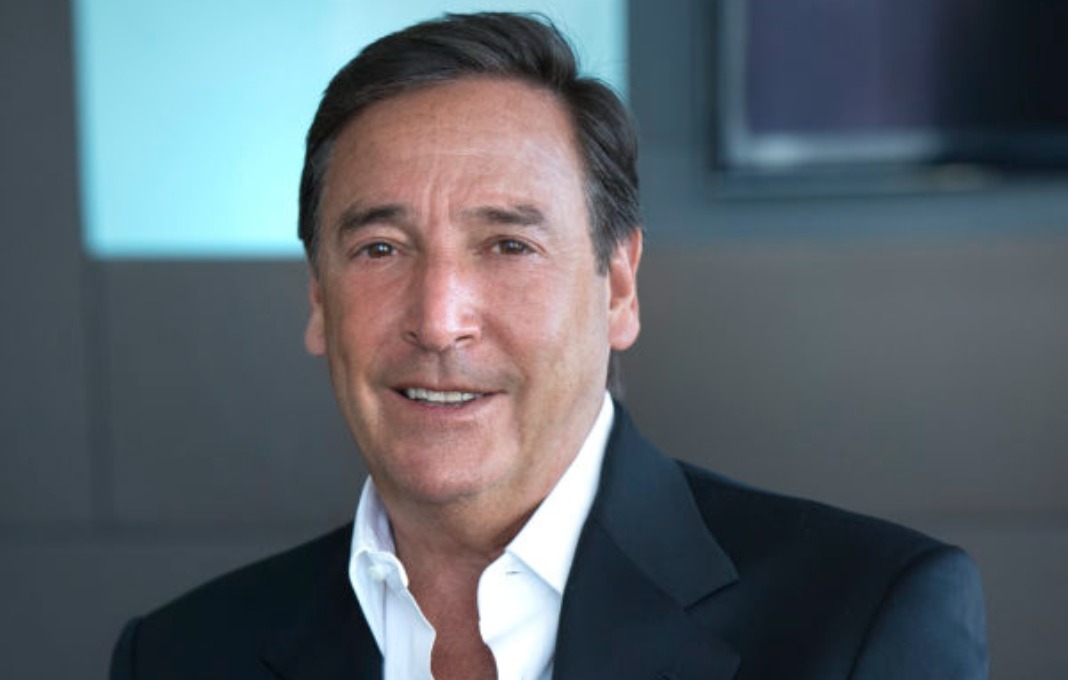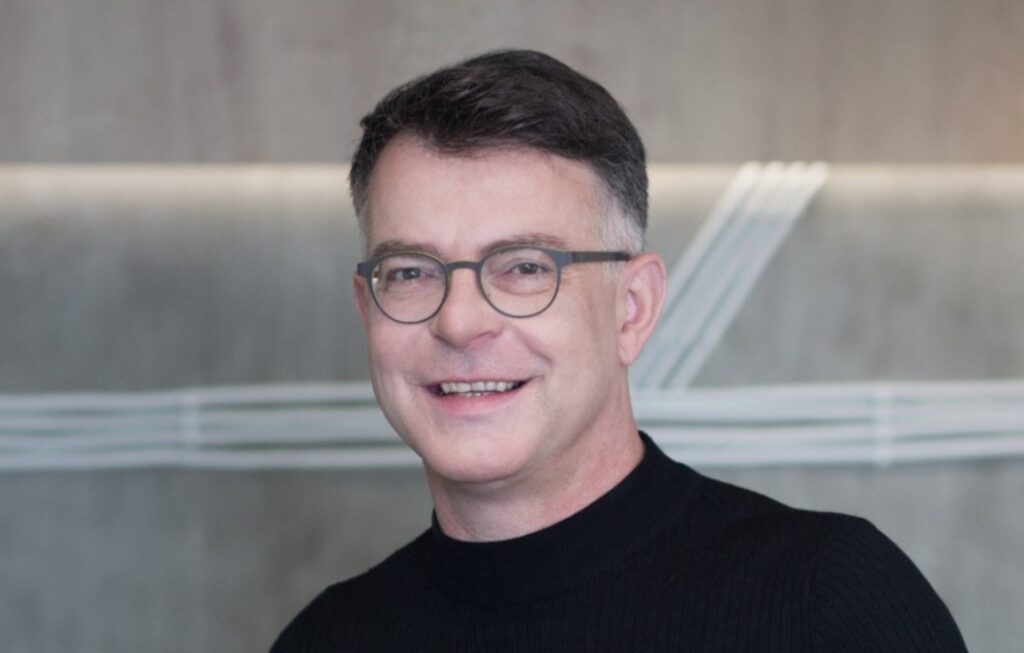American and global businesses have been through the coronavirus buzzsaw, and now company leaders know that nothing ever will really be the same, Bill Koenigsberg believes. There will be no such thing as a post-pandemic landscape that settles into some predictable new picture, the CEO of Horizon Media told StrategicCIO360.
The indiscriminate edge of Covid itself has sealed that fate—forcing continual re-setting over time as variants emerge, spread and repeatedly test the responses of science, business, government and our entire society.
“Everything’s already been roiled by what occurred during the pandemic, and we’re going to be kept on edge by an unpredictable business and workplace revolution as a result of this shape-shifting health concern,” said Koenigsberg, whose New York-based company is the largest media agency in the United States.
“While that recognition can be paralyzing to some, for business leaders it’s a call to action to quickly and decisively wrap their heads around this reality of continued pandemic uncertainty. The sooner we do that, the better off we’ll be as leaders. And the more effective we’ll be at moving our companies forward through a fog that isn’t going to lift.”
Indeed, Koenigsberg stressed, now is an ideal time for leaders to work with renewed energy for motivating their organizations because all the disruption has created unprecedented possibilities for re-setting their companies in new ways that leverage the excitement of the moment.
Koenigsberg said that, as he adapts to the new landscape, he’s been re-examining the Horizon Media culture that he planned and built over the decades — searching for new ways to support fundamental tenets and structures, seeking to tear down what doesn’t work, and reconstructing things differently, all with an eye on ensuring the resiliency of the company.
“At some point that no one can predict, Covid dominance of modern life will normalize,” Koenigsberg said. “But in the meantime, we have to make decisions in the evolving norm and set down levelling points as a means of moving forward even through the instability.”
For starters, he said, “We need to re-skill and de-stress our employees and help each of them thrive in an environment that is the most challenging we have ever known. We must customize the individual employee experience in ways that weren’t expected before – and in ways that, prior to Covid, may have even seemed intrusive. We are in a ‘more is more’ climate where relevancy, relationships, community, and connection matter more than ever – so we can’t gravitate back to old habits.”
Here are the pillars of Koenigsberg’s approach:
• Customization: Horizon is creating an approach to understanding the needs of its employees and clients that will require a much higher level of customization around each individual than it has had to demonstrate before. Koenigsberg said Horizon is striving to meet individuals where they are and to maintain and build on the relevancy of each relationship in whatever ways make sense.
A primary feature of this new dynamic, Koenigsberg explained, “is that we’re navigating the personal and the professional together more than ever before. Horizon employees simply are looking for more support from us, and so we are finding new and creative ways to provide that—whether it’s childcare, lifestyle benefits, flex working in both locations, and scheduling while creating more purposeful career prospects with greater opportunity for relevant impact and change.”
• Workplace culture: Horizon’s leaders spent a decade augmenting the physical culture to attract and hold millennial employees and create a true community. But Covid blew all of that up. In response, “We were able to shift quickly, making what was physical virtual with programming called Horizon Connects,” Koenigsberg said.
“The challenge is and will continue to be putting the pieces of our workplace ethos together to create our cultural magic in a hybrid way,” Koenigsberg said. “For employers in the aggregate, the mindset of throwing up some ping-pong tables, welcoming pets into the office and offering employee massages again isn’t going to cut it.”
For example, in Horizon’s New York headquarters, for 2,200 people, there is a gym, health center, and retreat space for prayer, meditation, rest, and recharge. “While these are clearly currently offline, we’ll need to evaluate these once-highly-regarded offerings in a hybrid work environment as we think about bringing employees back safely for reconnecting, collaborating, and reigniting in-person relationships,” Koenigsberg said.
And then there are the more fundamental questions of recreating a culture that truly sustains a people-centric business, such as marketing,” he said. Virtual happy hours and pajama-clad Zoom meetings were a necessary and fun reaction to the onset of the pandemic. But now, Horizon is facing the far thornier question of how to recreate true stickiness among its people, reconstructing a genuinely cohesive culture that somehow combines the requirements and advantages of virtual distance and flexibility with the simple fact that people need to be together physically to create effective relationships.
• Diversity: Social and political unrest in all their dimensions also have underscored the importance of a truly diverse approach to building a workforce, training leadership as well as the entire organization on this business imperative, and guiding companies going forward, Koenigsberg said.
“One of the great results of this is that it has brought more attention not just to relatively traditional categories of diversity including gender and ethnicity but also to the idea that truly effective diversity should include so many more varieties,” he said.
For example, there’s diversity of experience and point of view as well as of color and other physical traits, he said. “More HR thought leaders are talking about ‘neurodiversity,’ for example—those critical differences in how each of us is wired as a sentient human being, how that affects what and how we learn, and how we show up for work and life,” Koenigsberg said.
• Accommodation: Millions of Americans, jangled or liberated by Covid and the shakeup in how and where they work, have been embarking on what’s become known as the Great Resignation and making significant life decisions about jobs and careers that are ending up in the laps of big employers like Horizon.
Right now, many company leaders are reacting by jacking up raises and bonuses, making what some would see as exceptional remote-work permission, and throwing all sorts of other bouquets at the people they really want to keep, Koenigsberg said.
“But this isn’t a long-term solution,” he said. “The best antidote to this is for a company to rally around its true north of purpose, the reason for its existence and the beacon that guided so many great people to it in the first place.”
Ultimately, money doesn’t check the box for people who are motivated to participate in the Great Resignation, he said. “It’s that they believe their employer no longer fits their vision of a purpose to come to work every day,” Koenigsberg said. “As leaders navigating the new abnormal, understanding the evolving nature of our people must be our starting point.”









